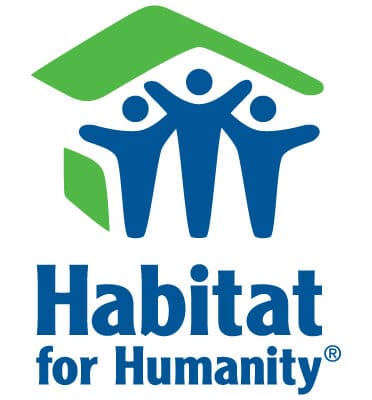Where Does the Trash Go In Philadelphia?
When you have something you never want to see again, all you need to do is throw it away, and it vanishes forever. But when we think about it, we know it has to be more complicated than that. And it is! Keep reading to learn what happens to the trash that Philadelphians throw away. Reducing […]
Read More
